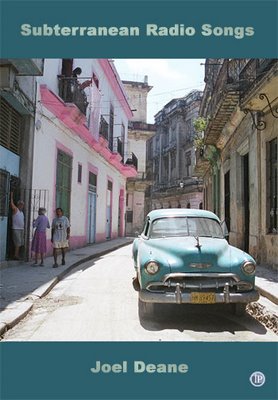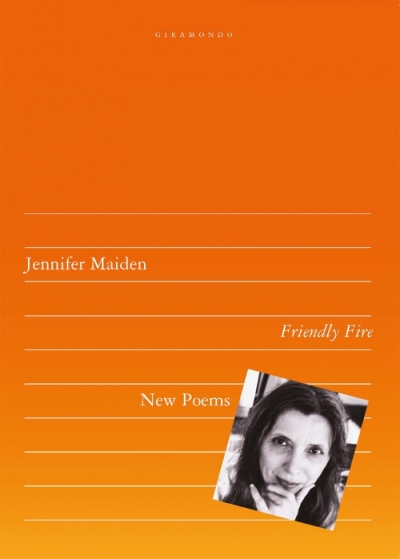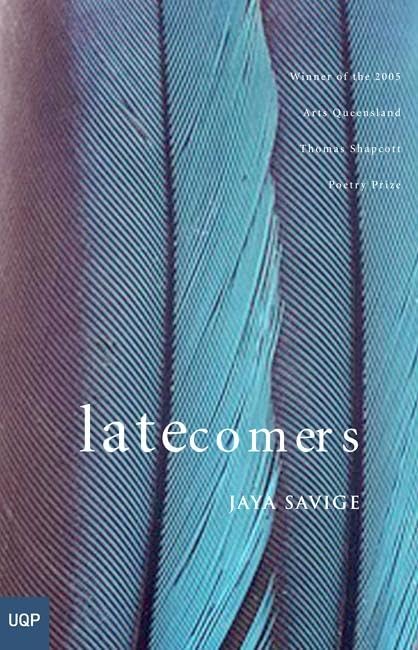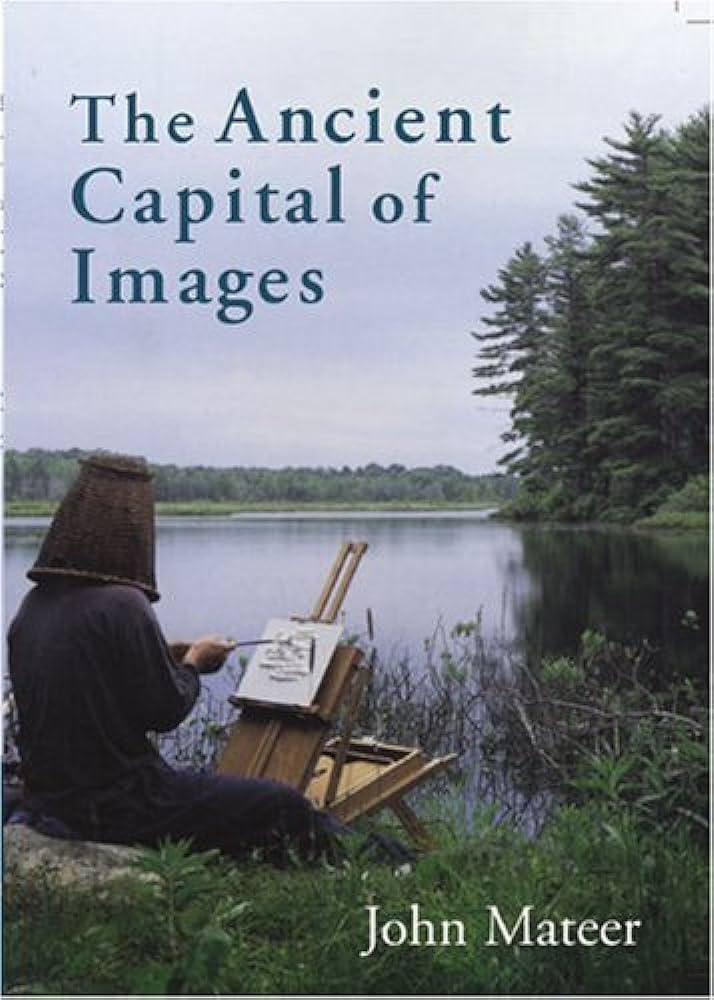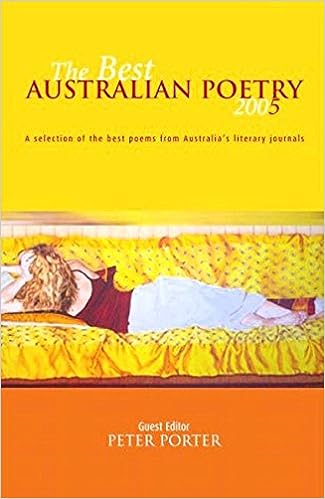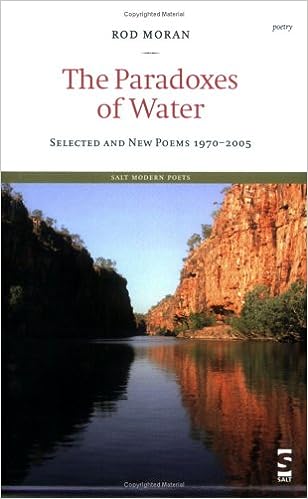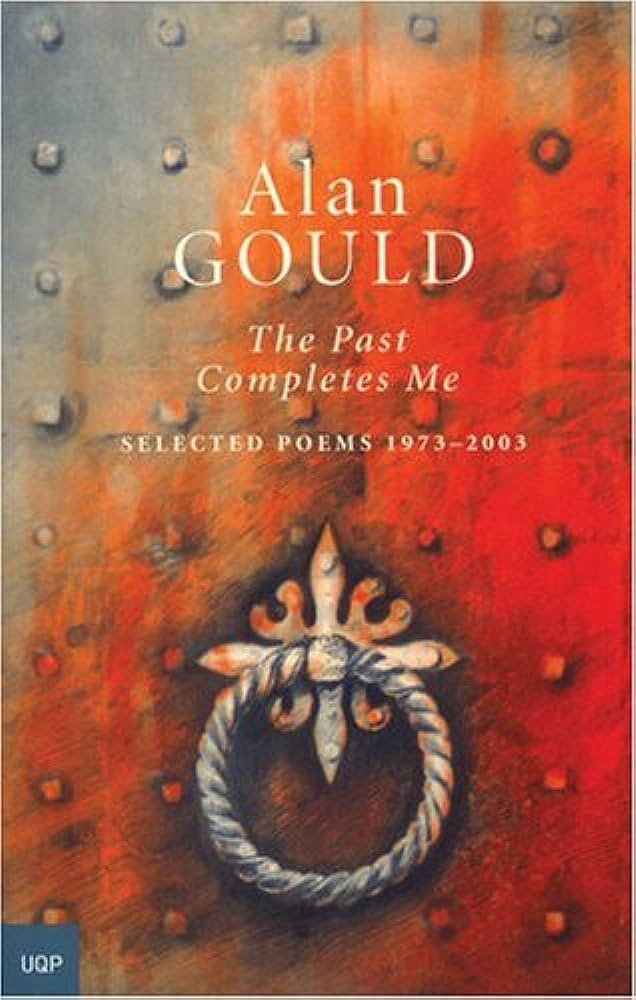Poetry
Subterranean Radio Songs by Joel Deane & Suburban Anatomy by Penelope Layland
Good writing can take many forms, and I have often wished for a greater mutual appreciation, between poets and journalists, of the fine things with words that both are able to do. Joel Deane and Penelope Layland, former journalists, bring well-honed skills to their first volumes. (Deane is currently the speechwriter for the premier of Victoria, Steve Bracks.) In their work we find much clarity and a strong facility for description. Take, for example, Layland’s ‘Muttonbird Island’: ‘In the dark soil chicks incubate / camouflaged by a silence / they instinctively keep.’ Deane, meanwhile, is flexing his descriptive muscles in ‘Freckle’, a poem about childhood and memories of a long-drowned man: ‘… how, last summer, / when the river bed fell, / they found tissue paper, / once the muscle of a man, / stretched over sunken branches.’
... (read more)When John Tranter reviewed Jennifer Maiden’s first collection, Tactics (1974), he noted its ‘brilliant yet difficult imagery’ and a style ‘so idiosyncratic and forceful in a sense it becomes the subject of her work’...
... (read more)The poems collected in Jaya Savige’s first book, latecomers (published by UQP as winner of the 2004 Arts Queensland Thomas Shapcott Poetry Prize), are often marvels in their own right – street-savvy, sensitive, intelligent lyrics. Together, even more impressively, they generate a many-branched, collective meditation on lateness.
... (read more)The Ancient Capital of Images by John Mateer & The Yellow Dress by Yve Louis
John Mateer’s fifth poetry collection confirms him as a poet of considerable assurance and originality. The Ancient Capital of Images is, in a sense, a metaphor for the poetic imagination – the entity formerly known as the Muse. The terrain ranges from South Africa to Australia to Japan. It is in the latter section that his achievement is most impressive. There is little here of the travelogue, the sense being rather of an inward journey.
... (read more)Comedy isn’t the only art that requires good timing. Poetry also requires it. Indeed, poetry might be partly defined as the art of giving things away at the right moment. Illustrating this we have The Best Australian Poetry 2005. In this elegant anthology, we find Peter Goldsworthy’s inspired description of our planet: ‘Our earthen dish is seven parts water / one part china, and a tiny bit japanned.’ We also find Brett Dionysius on the 175-year-old tortoise Harriet, which, having outlived Charles Darwin, thinks: ‘Now I’m with Steve Irwin at Australia Zoo. / I Harriet, time-lord tortoise: outlive him too.’ We find Jennifer Harrison’s arresting description of ‘grammar’s lovely utterly cold snow’. We find Keith Harrison’s ‘kind of stretched villanelle’ (as he describes it), which begins: ‘The summer night is dangerous and deep.’ We find the unsettling climax of Aileen Kelly’s ‘His Visitors’, in which ‘fetid ivies’ ‘reach up and suck out the light’. We find Anthony Lawrence’s poem about the Wandering Albatross, with its reference to ‘the compass glass of its eye’. And we find the terrible, uncomic climax of Judith Beveridge’s powerful poem ‘The Shark’.
... (read more)The Paradoxes of Water: Selected and new poems 1970–2005 by Rod Moran
One of the things Rod Moran is good at is an oxymoronic tenacity – a kind of deliberate insouciance, a restrained violence – due to his embrace of metaphor. His best poems articulate disturbing comparisons and create surreal hybrids. You can see this in some of the early poems from High Rise Sniper (1970–80) selected for this new collection, such as ‘Chemical Worker’: ‘this pure acid, like some cruel psalm, / gives us daily bread ... [the living] / have a place in the maggot’s equation.’ Or, from ‘Cross Country’: ‘half a galah flock/ is spattered in its own pink / feathers and gore in mad array, / swimming down the highway / like grotesque fish / in the heat’s bright lagoon.’ The poems have an intensity that demands considerable attention and makes every line count.
... (read more)The Past Completes Me: Selected poems 1973–2003 by Alan Gould
Alan Gould’s writing career began in the early 1970s when he was one of the ‘Canberra Poets’. This substantial selection covers thirty years and clearly shows both the achievements and the limitations of his work: I think the former outweigh the latter. One of the strengths of his poetry is a consistent vision; thirty years gives the opportunity for that to be explored in all its ramifications. The centre of this vision is history or, in its unintellectualised form, the past. Almost all the poems relate to this in one way or another. Even the later poems of humour or love or the waiting for a child’s birth are framed by the overriding meditation on the past, so that, though they are expressions of an intimate personal life, it is one conducted on the surface of the immense, slowly changing patterns of history.
... (read more)for Craig Sherborne
‘Grief wrongs us so.’
Douglas Dunn
To the sea we bear our fathers in state –
or what they’ve done to them: the square conversions.
Surf mild as receding tides,
we slump in dunes with our burdens,
... (read more)This must be a page from The Manual
For the Instructing of Humanity,
Showing the improvement of the Social Order
By the avoidance of personal identification
With Suffering, a turning-away to private Sanity.
... (read more)A couple of months ago, driving with my daughter just outside the wheat-belt town of York, Western Australia, we came across a ‘28’ parrot that had just been struck by a car. I scooped it up in a cloth, and my daughter held it on the back seat until we could get home. Having been bitten numerous times by those ‘strong and hooked’ beaks, I warned her to be wary. But the parrot – a splay of emerald, turquoise, black and yellow feathers – was too dazed to bite, and clearly had a broken wing. Though we’ve always called these beautiful birds 28s, technically they are a ring-necked parrot, and possibly even the Port Lincoln variety of ring-necked. The demarcation lines between varieties are hazy. The local ‘nickname’ matters as local names do. We eventually handed the injured bird over to the local ‘bird lady’, who later let me know that it had died due to massive brain damage. My daughter doesn’t know it died. She said it was the closest she’d ever come to something so ‘amazing’. I left it at that.
... (read more)

